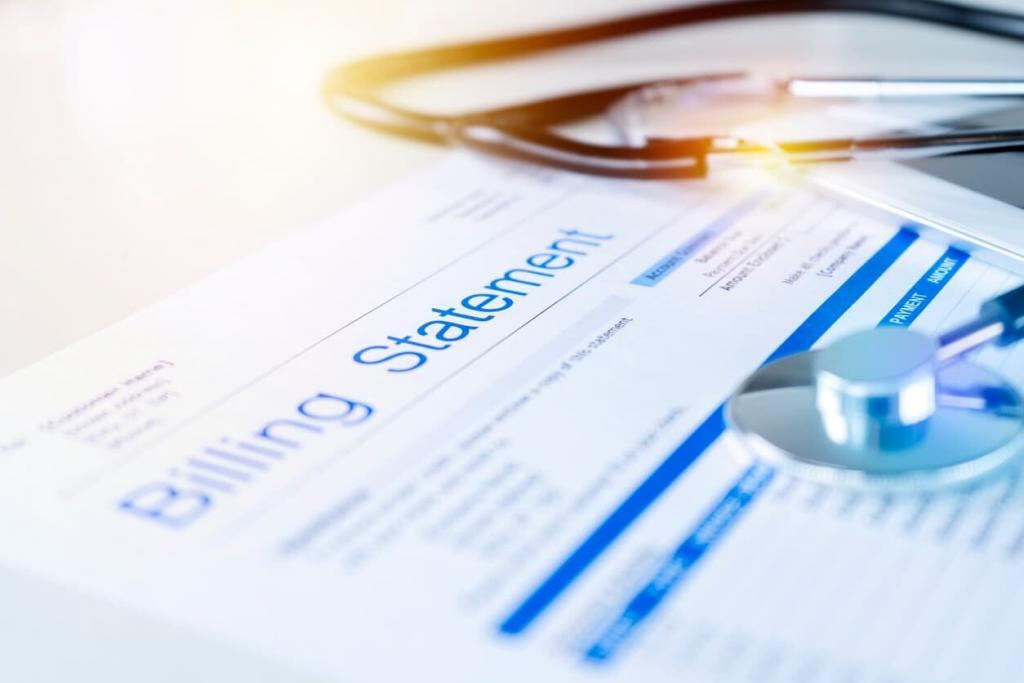What is reasonable medical treatment? And how can a worker who has suffered a work-related injury prove their medical treatment is reasonable?
Under the Missouri Workers’ Comp System, employers are required to pay for any reasonable medical treatment that employees may require due to workplace injuries. The keyword here is “reasonable.” And this leads to the question: What is reasonable medical treatment? And how can a worker who has suffered a work-related injury prove their medical treatment is reasonable?

What is Reasonable Medical Treatment?
Generally, reasonable medical treatment is any medical treatment, procedure, or service that can alleviate the effects of the condition, illness, or injury; or aid an injured worker in regaining full functional capacity. Reasonable treatments may include, but are not limited to:
- Hospital care
- Domestic assistance services
- Ambulance service
- Limited physical therapy
- Nursing services
- Prescription medications
- Basic diagnostic testing
When Can a Medical Treatment be Considered Unreasonable or Unnecessary?
Medical services, treatments, procedures, and drugs that are not generally accepted in the medical community are more likely to be deemed medically unnecessary. For example, the insurer may deny your claim if the drug or procedure you used is not FDA-approved. The necessity and reasonableness debate may also arise when treatment costs involve:
- Surgery
- Extensive diagnostic testing
- Modifications to the home to accommodate a disabling injury
- Deluxe features that are not common in standard procedures
- A new and experimental drug or procedure with little research to support their effectiveness
- Specialized medical services, treatments, and drugs ordered by a non-specialist physician
- Alternative treatments such as acupuncture, Ayurveda, Oriental medicine, yoga, chiropractic care, homeopathy or water therapy
- Duplicative treatments and procedures ordered by multiple physicians
Proving Necessity and Reasonableness of a Medical Treatment
To prove the reasonableness of your medical expenses, you need to prove the following:
- The treatment is considered reasonable by the medical community
- The procedure, treatment, and medication was prescribed based on your physician’s experience, and there are medical records to prove it worked in the past
- It was the only medical treatment that will work
- The insurer covered the medical treatment or procedure in the past for workers with the same condition, illness, or injury
How Can You Prove the Reasonableness of Future Expenses?
To receive compensation for future medical expenses, you must prove there’s a “reasonable probability” that your injuries may lead to more medical bills in the future. Proving you will need continued medical care usually requires your doctor and other medical experts to testify and support your claim. The medical experts also play an important role in calculating and proving the cost estimate for your future treatment.
Why Work With a Workers Compensation Attorney?
It’s not easy to recover fair compensation for medical bills on your own. You will benefit from the help of an experienced workers comp attorney who can help you file your claim on time, gather evidence, and negotiate with the insurer on your behalf. Your attorney can also connect you with expert witnesses who can help you demonstrate the necessity and reasonableness of medical treatment and resulting expenses.
St. Louis Workers Compensation Attorney
Have you been the victim of work-related injury, illness, or condition? Our experienced Missouri workers’ compensation attorney can evaluate your claim for free and help you determine what your next steps should be to secure full and fair compensation. Give us a call 24/7 for a free and private consultation.
